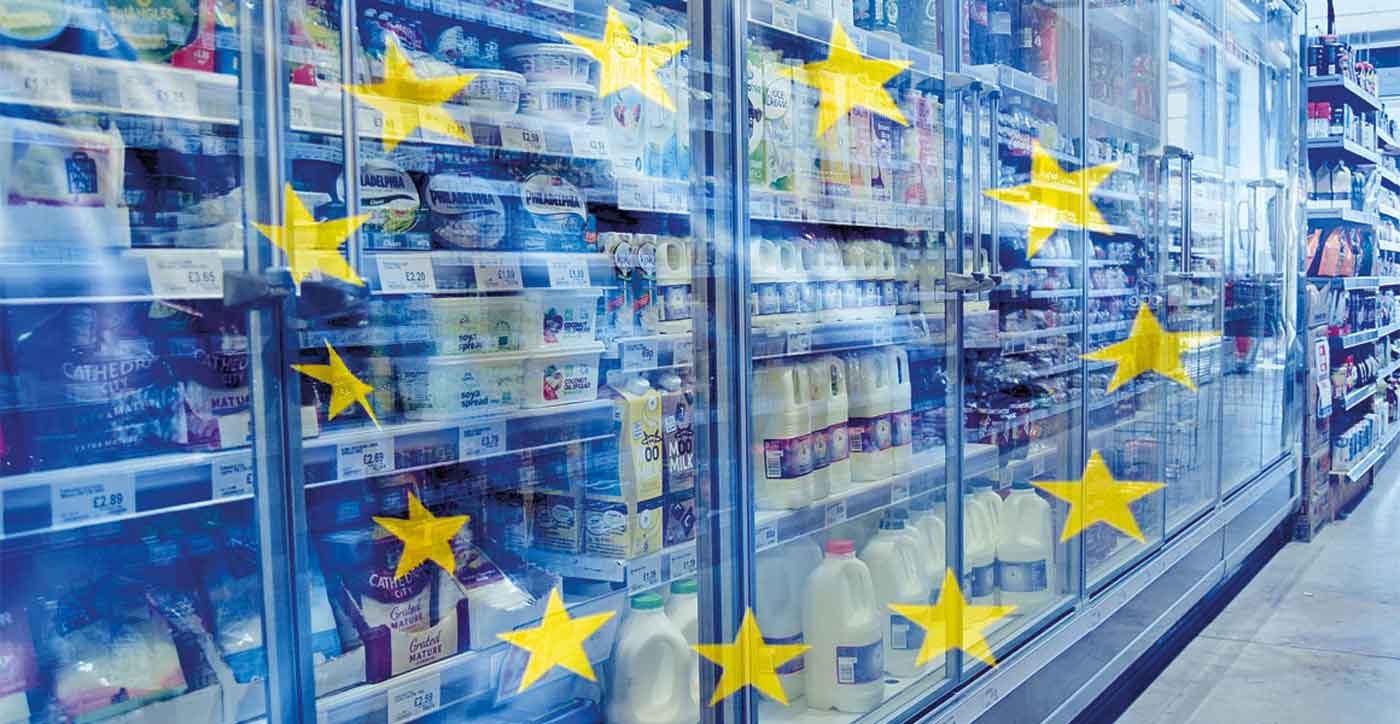An anonymous major supermarket boss told the BBC last week it is considering banning retailer purchasing to give “customers a chance to get what they need”. They said: “Businesses who are struggling with their supply chains effectively use ours. We would need to limit the amount convenience stores, for example, could buy.”
Former Sainsbury’s chief executive Justin King said a block on wholesale purchases would be “inevitable” if there was a no-deal Brexit. Nearly all shop owners polled by Better Retailing said they had previously sourced products from supermarkets.
Gaurave Sood, of Neelam Post Office & Convenience, said: “Since Kerryfresh’s demise, it’s been really hard to get chilled products, and we now go to supermarkets for them. It’s a dog-eat-dog industry and if I can get a product that’s only available at a supermarket, I will.”
Kunal Patel, of Cannons Convenience in Edgware, London, added: “If there are restrictions, I’d order stock online to my house. That will help reduce any suspicion.”
Amrit Singh, of H & Jodie’s Nisa in High Heath, Walsall, said retailers should instead establish new relationships with cash and carries they hadn’t previously worked with to minimise any disruption. “They’ll be more likely to assist if there are any issues.”
While major multiples consider a crackdown on purchasing by convenience stores, discounters appear more open to the idea, even with stock shortages. “You don’t lose points for selling out,” one discounter source told the BBC.
One Scottish shop owner said he changed his deliveries to his home after Tesco banned deliveries to his store. He advised that arrangements with individual supermarket store managers can overcome company policy. “I purchase fresh from Aldi and Lidl. The managers are fine with it as long as I don’t make it obvious,” he said.



Comments
This article doesn't have any comments yet, be the first!